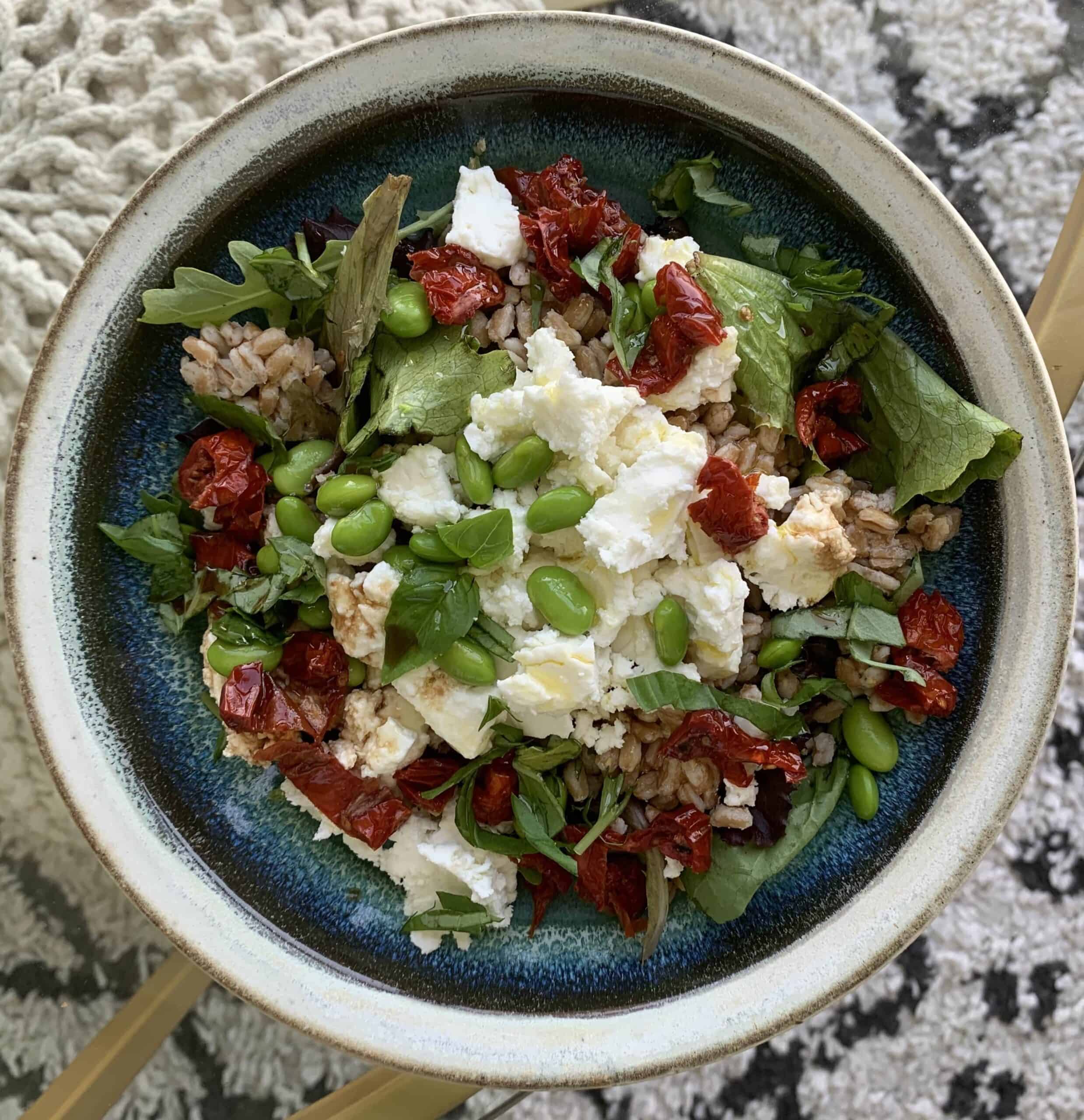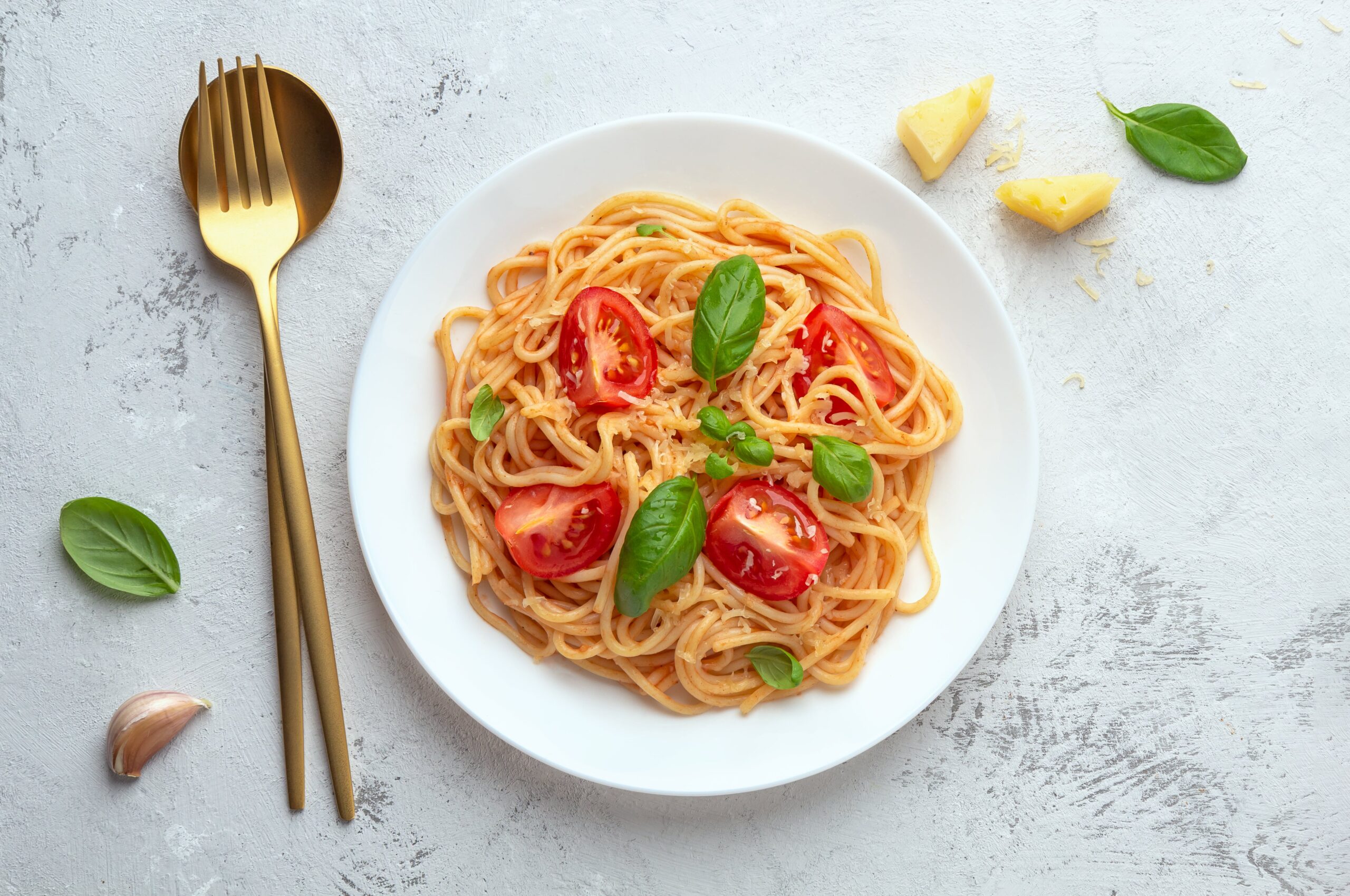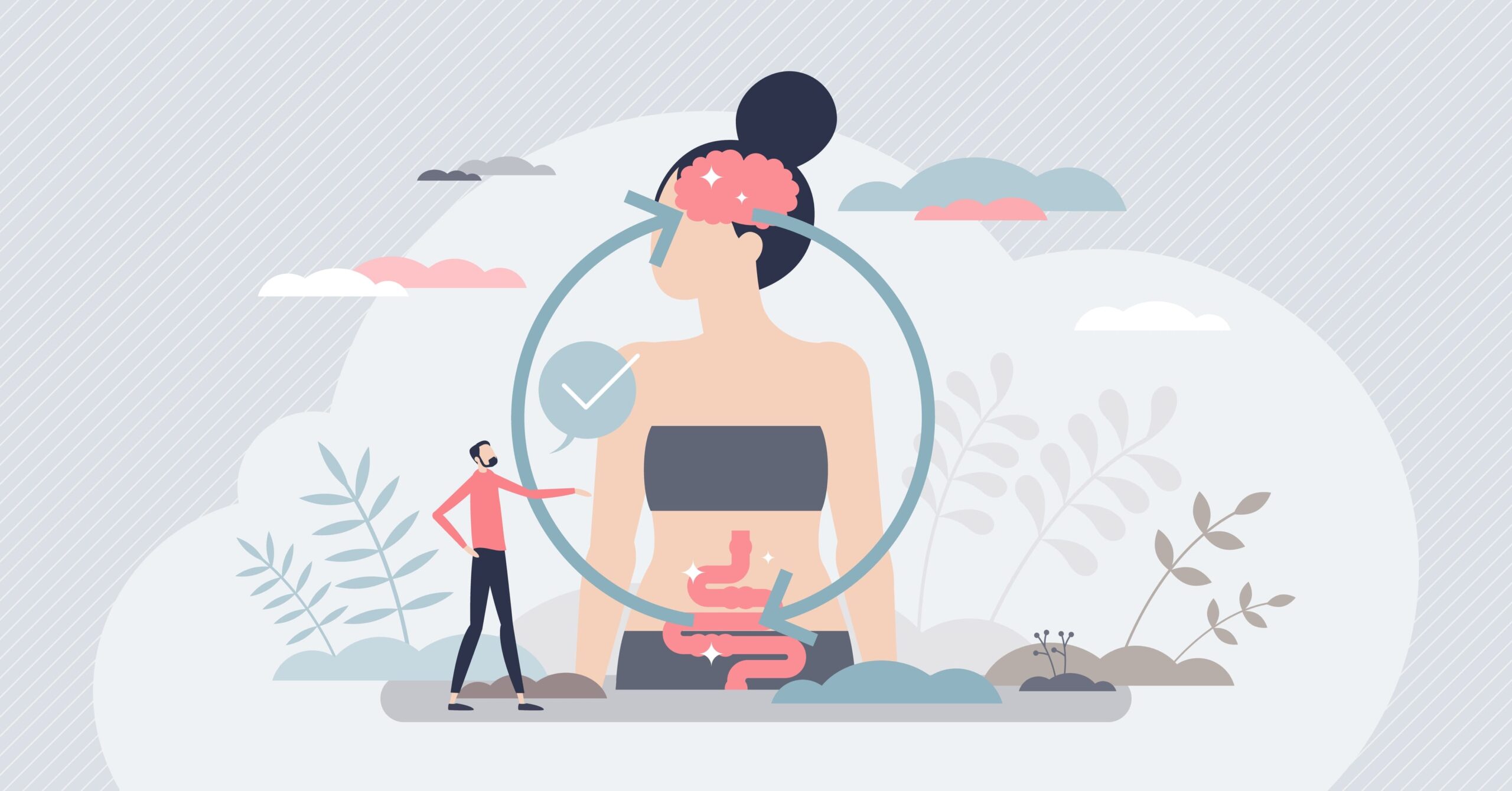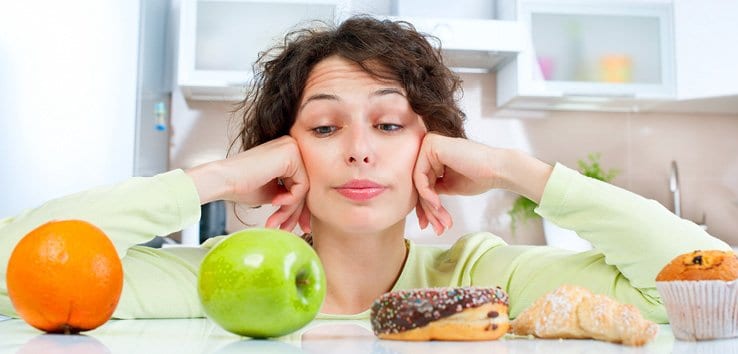What to say and friendly reminders when you are faced with diet culture
Working on our understanding of diets and diet culture isn’t always easy, and no matter how hard we try, our thoughts don’t change overnight. Although our internal views may be challenged, it can be another hurdle to vocalise this, speak up against diet culture, and navigate talk in the workplace, home, and social events.
A couple of weeks ago, we posted part one of this article, and we hope you found it valuable. In this blog, we have included another five scenarios for further inspiration when you next hear someone being overcritical surrounding food.
SCENARIO SIX:
Them:
‘I overate and feel so awful!’
Your response:
‘Eating past the point of comfortable fullness is perfectly normal and happens to all of us from time to time. It’s a temporary feeling and will pass. Eating more than you would at one meal does not reflect poorly on your entire diet or make you any less of a wonderful person.’
Far too often do we put guilt on ourselves for eating more food than feels comfortable. At weddings, parties, or seasonal events that only happen once in a while, we might actually want to experience everything and enjoy a wide variety of foods, and that’s a perfectly great idea!
This is perfectly normal, and any bloated feeling will usually not last more than a few hours whilst our stomach slowly empties itself again. Occasional meals like this are not an accurate representation of your diet, so allow yourself the indulge when the opportunities arise!
Read more about how to feel your fullness to increase your interoceptive awareness and navigate bodily sensations around hunger and appetite. (1)
SCENARIO SEVEN
Them:
‘I have been good this week. I’ve earned myself a treat!’
Your response:
‘Food doesn’t need to be earned, and viewing foods like this may create restriction and guilt, leading to more anxiety and stress around what we eat. How refreshing would it be if we saw all foods as neutral and didn’t beat ourselves up about eating them?’
Remember that food is a fundamental human right – we don’t have to justify our hunger or meal and snack choices, ever! Putting labels on foods can lead to more black-and-white thinking when nutrition is more nuanced – no food has zero nutrients, and no food has all the nutrients. It is all about balance and variety.
Instead of seeing a biscuit as an item of ‘junk food,’ why not think about the nutrients it offers – carbohydrates for energy, and B vitamins and iron in the fortified flour? When we start to think about foods in this way, we can find it easier to see the synergy of a diverse diet.
SCENARIO EIGHT
Them:
‘I have gained so much weight in lockdown that I need to lose as soon as possible!’
Your response:
‘Weight gain might be a very normal response to such an uncertain period of time. Not only have we been staying indoors and moving less, but the pandemic has also impacted people’s moods, relationships, social lives and daily activities massively. We shouldn’t blame or put pressure on ourselves for situations entirely out of our control.’
It’s essential to offer ourselves plenty of self-compassion, particularly during periods of significant change. During this time, many of us have experienced recent weight changes that may have lowered our self-esteem and perception of our bodies. However, it’s vital to separate our thoughts from our internal beliefs and remind ourselves that they are different.
Why not try a mindfulness meditation to help uncover, acknowledge and identify these thoughts? A regular mindfulness practise can allow us to recognise unhelpful thought patterns and distance ourselves from them, hold space for more positive ones, and reduce anxious and/or depressive feelings. (2)
SCENARIO NINE
Them:
‘Wow! ______ has lost/gained so much weight. It’s amazing!’
Your response:
‘Commenting on other people’s bodies does not help us nor add any value, and it is not our business to do this. All bodies and shapes are beautiful, and who are we to judge them?’
Talking about someone else’s weight loss and gain can not only be extremely hurtful and damaging if they hear it but also to ourselves as we are reinforcing diet culture and the thin ideal.
Diet culture is a social construct – and there are countless reasons why weight does not determine our health. Avoid commenting on other people’s bodies, whether positive or negative, as we don’t always know what journey or struggles they may be going through and don’t want to be unknowingly pushing them further into dieting which may lead to disordered or restrictive eating behaviours. (3)
We can compliment so many other things about a person – their kindness, humour, dress sense, positive outlook – and so much more. So why not offer a genuine compliment about a different attribute if you feel the need to do so.
SCENARIO TEN
Them:
‘You are what you eat – food is medicine, and we should eat as cleanly as possible.’
Your response:
‘Food does not work in the same parameters that medicine does. What we eat is never going to cure or prevent cancer, diabetes, or any other disease, as many other factors play a role, including genetics, other lifestyle factors, and the social determinants of health.’ (4)
It is important to eat a balanced diet, but this includes eating for pleasure and enjoying what we love, as well as more nutrient-dense foods and incorporating some gentle movement that we (as an individual) enjoy. This is proven to improve our psychological and physical health. (5)
However, modern medicine goes beyond these boundaries and be much more effective at preventing or slowing the progression of a condition.
We hope you found this series of articles helpful and applicable in your day-to-day life. Well done for being a boss and ditching the diet mentality! You are doing amazing work and making outstanding progress each day, and we just want to let you know that we are here every step of your journey!
Priya Chotai, BSc ANutr
EHL Team x
References:
- Herbert B, Blechert J, Hautzinger M, Matthias E, Herbert C. (2013) Intuitive eating is associated with interoceptive sensitivity. Effects on body mass index,
- Parmentier, F.B.R et al., 2019, Mindfulness and Symptoms of Depression and Anxiety in the General Population: The Mediating Roles of Worry, Rumination, Reappraisal and Suppression,Frontiers in Psychology https://doi.org/10.3389/fpsyg.2019.00506
- Van Dyke, N & Drinkwater, J (2013), ‘Review Article Relationships Between Intuitive Eating and Health Indicators: Literature Review’, Public Health Nutrition, 17(8), pp. 1757-1766. doi: 10.1017/S1368980013002139
- Irwin A, Valentine N, Brown C, Loewenson R, Solar O, Brown H, Koller T, Vega J. The commission on social determinants of health: tackling the social roots of health inequities. PLoS Med. 2006 May;3(6):e106. doi: 10.1371/journal.pmed.0030106. PMID: 16681414; PMCID: PMC1459479.
- Cornil Y, Chandon P. Pleasure as an ally of healthy eating? Contrasting visceral and Epicurean eating pleasure and their association with portion size preferences and wellbeing. Appetite. 2016;104:52-59.














